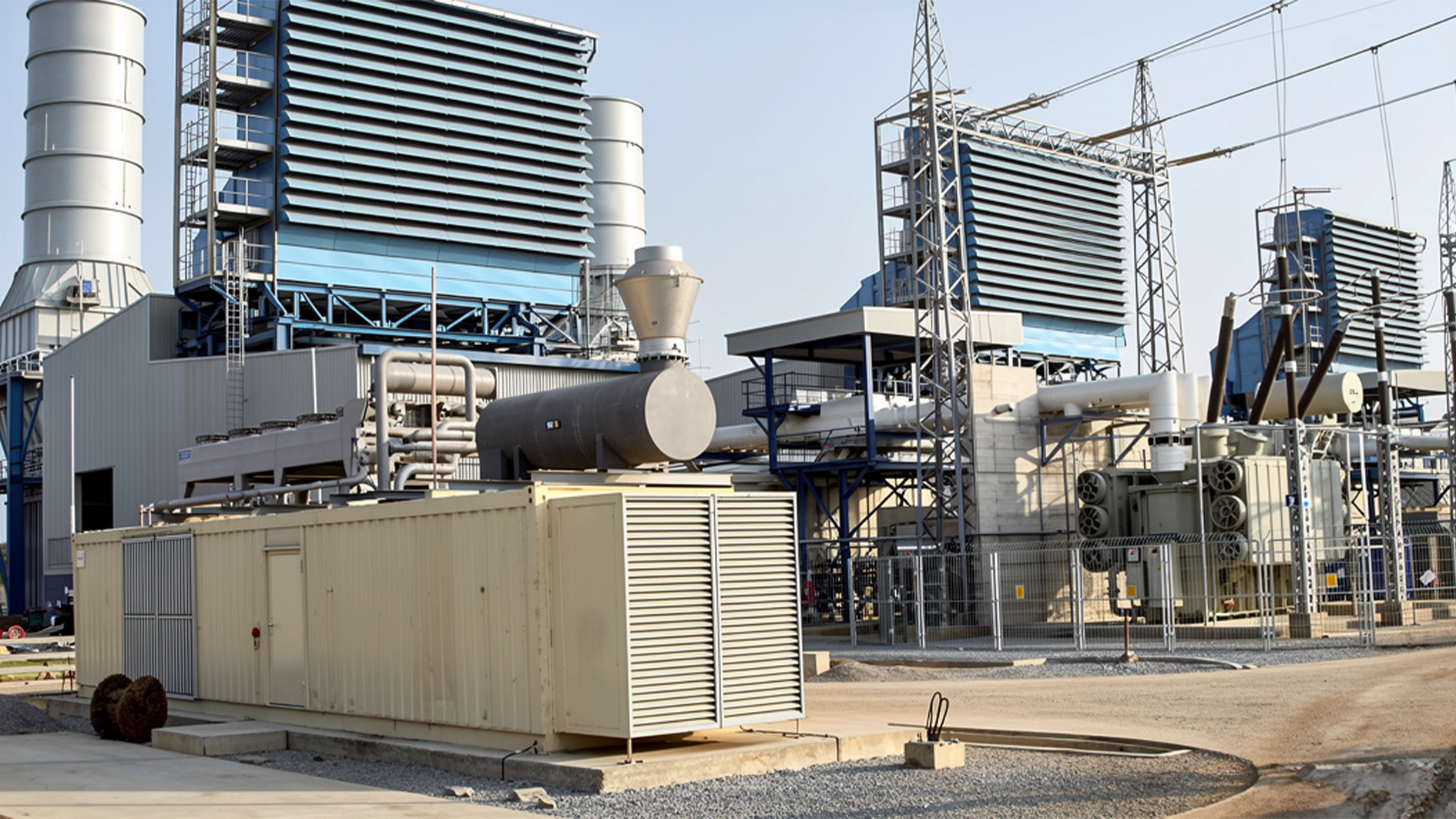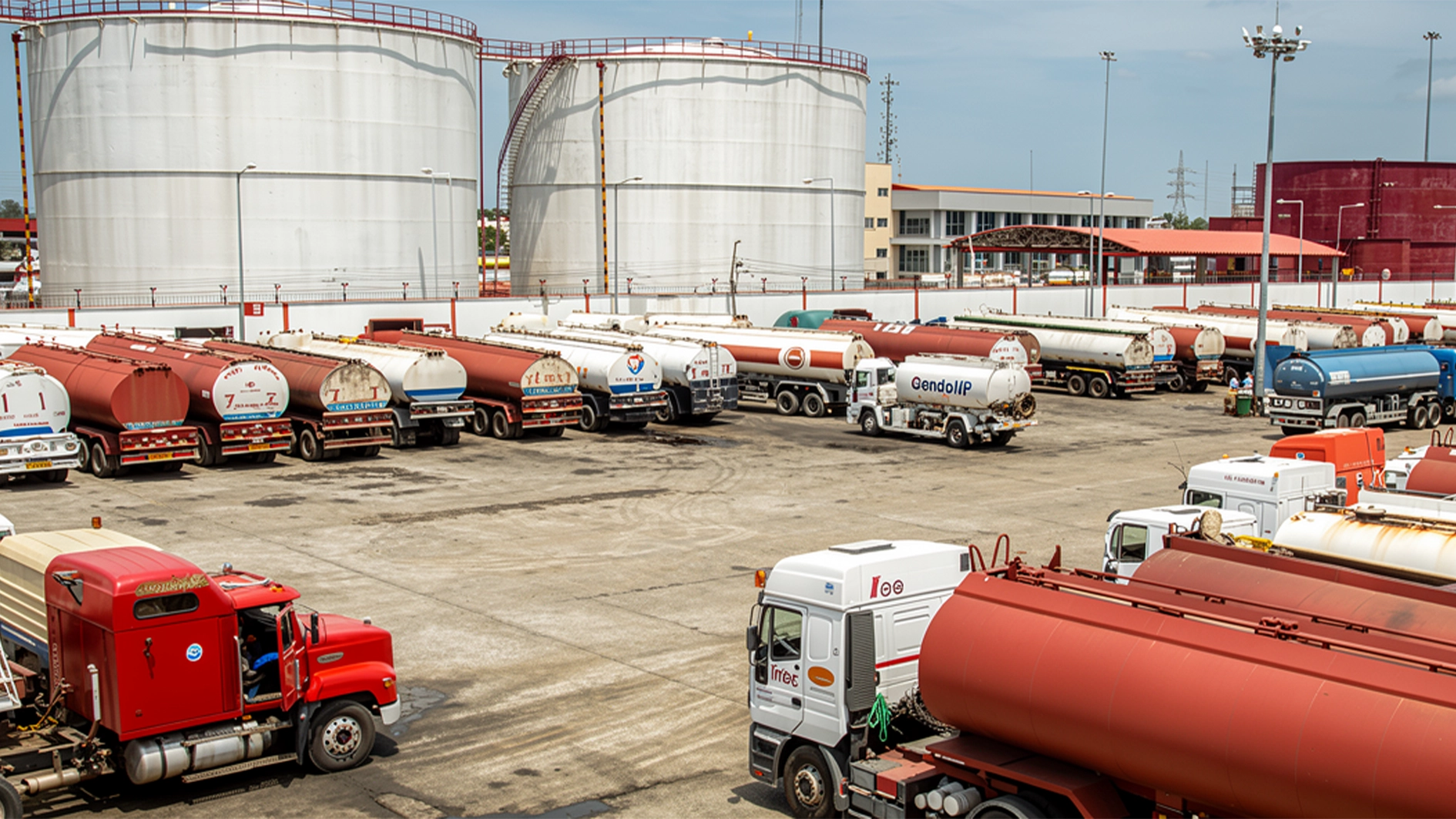As Nigeria continues to struggle with persistent power outages and low electricity generation, experts have warned that plant availability and effective maintenance remain the country’s weakest links in achieving energy security.
This comes as Dietsmann Maintaining Energy said that upstream operators in Nigeria and other African countries must move towards robotics, artificial intelligence, and data analytics to reduce costs and improve the efficient production of oil.
Chief Executive Officer of Dietsmann Maintaining Energy, Cesare Canevese, told The Guardian that the company remained committed to Nigeria, especially in ensuring prescriptive maintenance and technology-driven efficiency, as well as developing local capacity.
Canevese noted that one of Nigeria’s biggest power challenges lies in plant availability and the percentage of installed capacity delivering power to the grid.
“We have managed to maintain 97–98 per cent availability at our plants, meaning downtime is only about two per cent, and often that’s due to the grid itself, not the plant,” he said
The Nigerian Electricity Regulatory Commission (NERC) reported in its 2024 Annual Report that the national average plant availability factor (PAF) was just 37.43 per cent, with more than 62 per cent of the country’s installed generation capacity unavailable.
Despite a total installed capacity of 13,625 megawatts (MW), only 4,853.69 MW was available daily on average, leaving a deficit that continues to cripple the economy as well as frustrate households and industries.
NERC’s report attributed the sector’s dismal performance to “ageing infrastructure, unreliable gas supply, and severe liquidity constraints”, issues that have worsened since privatisation.
With over four decades of experience in energy operations and maintenance, Dietsmann operates across oil, gas and power, including several plants in Africa.
“Our focus is not just on producing more energy but on producing it more efficiently. The demand for oil, gas, and electricity will keep rising in the next 25 years, so efficiency must drive how we operate,” Canevese said.
Dietsmann, he added, is moving beyond the traditional model of preventive or corrective maintenance into prescriptive maintenance, a technology-led, predictive approach that uses data analytics, robotics, and artificial intelligence to anticipate failures before they occur.
Dietsmann’s Nigerian operations span nearly two decades, covering both upstream oil and downstream power sectors. The company began in the downstream market before entering upstream operations, and since 2005, has become a major player in the country’s power sector.
It currently maintains and operates the Okpai Independent Power Plant (IPP) and the Afam VI Power Plant, both gas-fired facilities. The company also provides offshore maintenance for TotalEnergies’ Ofon 1 and Ofon 2 platforms, as well as smaller technical services for other operators across Nigeria.
“For TotalEnergies, our teams are responsible for full-scope maintenance on their platforms,” Canevese explained in Okpai and Afam. The company manages the operation and maintenance of gas and steam turbines in partnership with General Electric.
Nigeria’s generation companies (GenCos) face persistent underpayment from distribution companies (DisCos), while government subsidy reimbursements are delayed. This financial strain prevents GenCos from conducting routine maintenance or rehabilitating broken units.
As a result, maintenance lapses accumulate, causing frequent outages and equipment failures.
NERC data showed that as of December 2024, the average age of power plants in the Nigerian Electricity Supply Industry (NESI) was 22 years, with unscheduled breakdowns becoming increasingly common.
In contrast, Canevese noted that Dietsmann’s long-term presence in Nigeria demonstrates that high performance and cost-effectiveness are achievable even in challenging environments. “We’ve operated at Okpai for 20 years and at Afam for nearly 15, maintaining high reliability and safety,” he said.
He cited the Okpai power plant’s record of 12 million work hours without a single lost-time incident, a milestone that underscores Dietsmann’s commitment to both efficiency and worker safety.
“This combination of reliability and safety is vital for a sector as sensitive as power generation,” he added.
To reduce production costs, which currently average about $40 per barrel for oil in Nigeria, and improve power plant performance, Canevese argued that African operators must adopt technology-led maintenance.
“The future lies in robotics, digital twins, artificial intelligence, and data analytics. These tools enable prescriptive maintenance, allowing operators to anticipate and prevent failures. It reduces downtime, lowers spare-part costs, and limits flaring and emissions during unplanned shutdowns,” he said.
The advantages, Canevese added, go beyond cost savings, stressing that “for offshore platforms, predictive systems reduce unnecessary helicopter or boat trips. If you can anticipate a fault, you can plan your interventions better, combine different tasks, and avoid emergencies that waste time and resources. It is about cutting OpEx while boosting sustainability.”
Dietsmann is also eyeing new opportunities across the continent, particularly in LNG and gas development projects in Congo, Mozambique, Uganda, Côte d’Ivoire, Senegal and Namibia.
The company typically enters projects at the start of production, following the engineering, procurement and construction (EPC) phase.
“We bring expertise in operating FPSOs, FLNG units, and gas treatment plants,” Canevese said.
“Our approach isn’t about being the cheapest, it’s about being the most cost-effective, combining quality, safety, and reliability,” he explained.
He emphasised that Dietsmann’s success in Nigeria is tied to its strong local content record, noting that about 90 per cent of the firm’s workforce is Nigerian.
“We recruit and train people from local communities, ensuring that our operations support national capacity-building and employment.”






